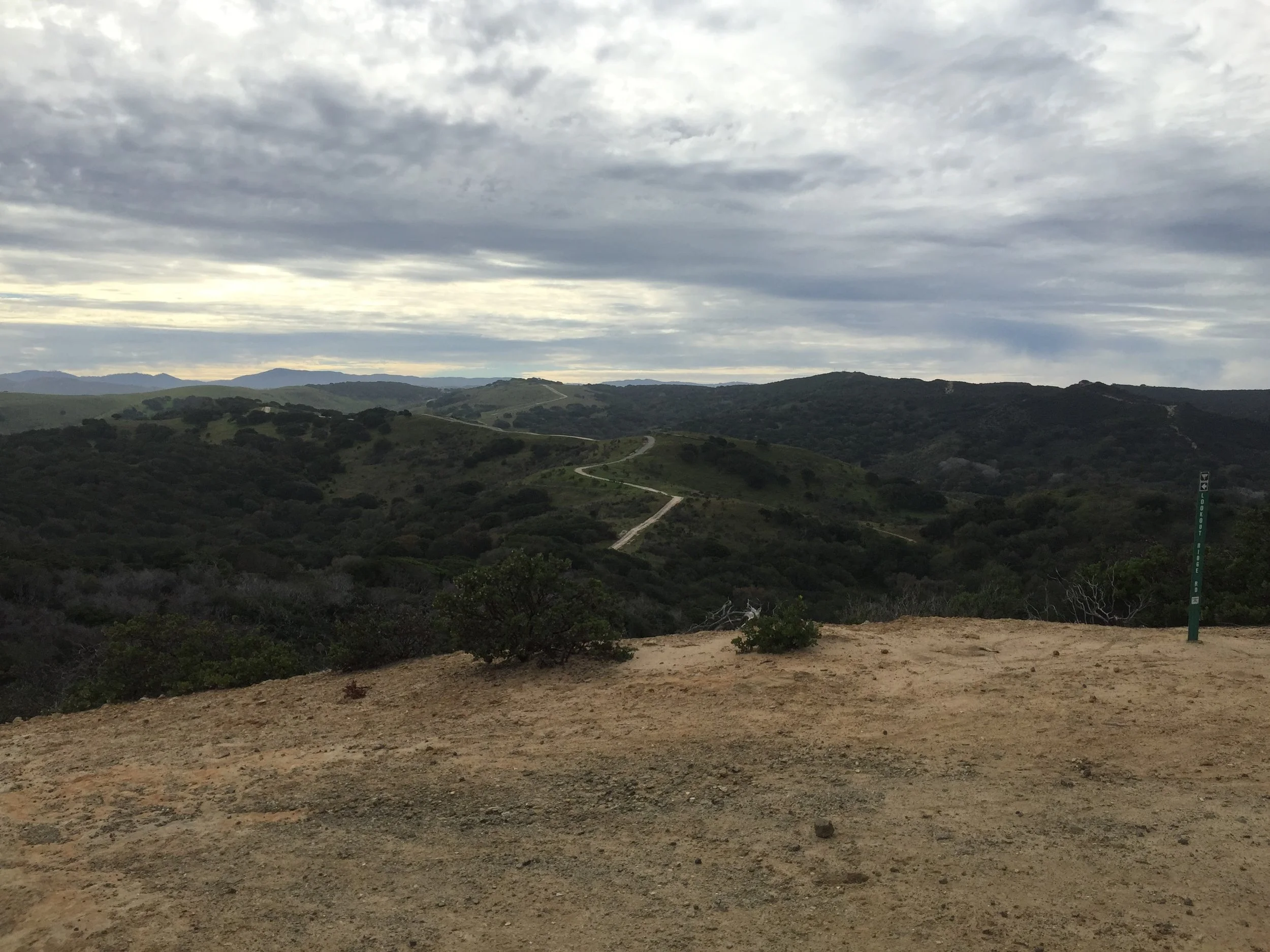Paul wanted the Galatians—and us—to fly up into a life of freedom and love, and he knew that the gospel message could take us there (Gal. 5:13). But as we’ve seen, the Galatians were in danger of destroying the gospel message by adding to it, so Paul wrote this letter to defend the message of the gospel of grace. Today’s passage details a third, less peaceful interaction of defending his message.
Read moreLive in Step with the Gospel: Part 1 (Galatians 2:11-16)
Live in Step with the Gospel: Part 1
Galatians 2:11-16










